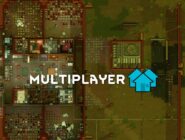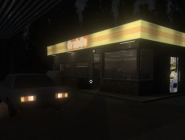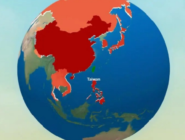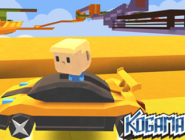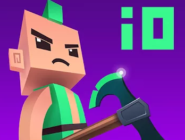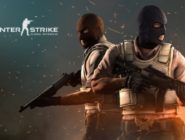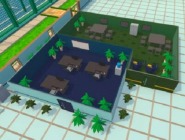OpenFront
Advertisement
Advertisement
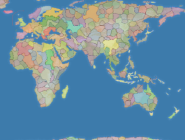
OpenFront begins with limited territory and a few basic tools. The world map is shared, and every player has the same goal — expand control, maintain presence, and eliminate competition. Unlike scripted campaigns, the experience in each match depends entirely on decisions made in real time. There are no breaks or turns. Progress depends on how well players react to developing threats and opportunities. From the first moment, every move counts.
What You Build Shapes the Game
At its core, OpenFront revolves around managing production, units, and position. Building up infrastructure enables stronger military output, but it also requires time and defense. Expanding too quickly opens weak points. Remaining too defensive leaves less room to grow. The challenge lies in finding the right pace. The map responds to action. Other players press their own strategies, and the overall balance of power can shift at any moment. Decisions are never made in isolation.
Core Gameplay Functions in OpenFront
- Territory expansion through real-time strategic movement
- Infrastructure and economy balancing
- Multiple unit types for land, sea, and air
- Fog of war mechanics that limit vision
- Alliance creation and betrayal between players
- Browser accessibility without downloads
- Matches defined by dynamic, player-driven outcomes
- No tutorials or pre-set win paths — learning comes from play
- Terrain with mechanical influence on movement
- Active map where every piece of land holds value
These features support varied strategies and reactive gameplay every time.
Every Player Changes the Map
In OpenFront, no match is static. Each player adds a layer of pressure that changes the flow of the game. One strong neighbor can shift an entire strategy. A broken alliance can collapse a defense. The real-time nature means that hesitation can be just as costly as aggression. What makes the game flexible is how every action causes a reaction — either from the system or from another player. You never fight the game itself, only those who share the map with you.
Victory Is a Moving Target
Winning in OpenFront is not tied to completing missions. It comes from controlling space — enough of it, for long enough, to claim dominance. But there is no final blueprint for success. Each match creates its own landscape of choices, mistakes, and moments of advantage. Sometimes a small region, well-defended, outlasts a massive empire that expanded too fast. The game ends when control is no longer contested, but getting there is always a process of reading, reacting, and rebuilding.
Related games
Comments


